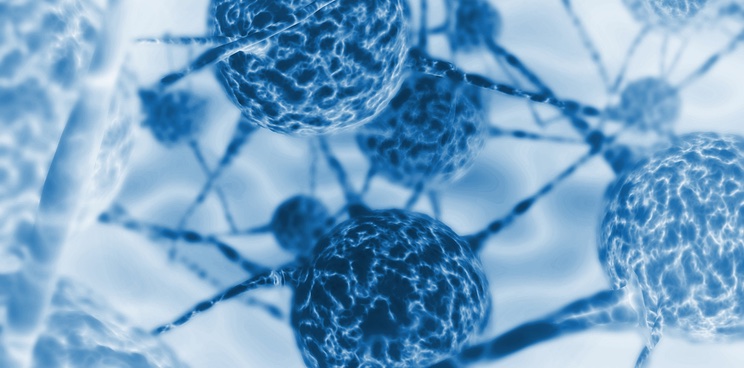Newsletter Signup - Under Article / In Page
"*" indicates required fields
The Bordeaux-based company Treefrog Therapeutics has opened an industrial demonstration plant with the aim of producing cell therapies 10 times more efficiently than with current technology.
The €2M plant occupies an area around a fifth of the size of a football field and is expected to produce 80 billion cells per year when it reaches full capacity in 2021. With this new facility, Treefrog Therapeutics aims to produce cell therapies using ten times less space and investment than the current manufacturing standard.
The biotech will employ the facility to fuel the development of in-house cell therapies for conditions such as Parkinson’s disease and heart failure. The new plant will also allow Treefrog to produce cell therapies for at least two partners, which the company is selecting now.
Cell therapy is showing big potential for treating cancer, neurodegenerative diseases, and a wide range of other conditions. One of the biggest success stories in this field is CAR T-cell immunotherapy — two treatments of this kind are now in the market for the treatment of rare types of blood cancer. However, these therapies are hard to develop, and one of the reasons for this is the difficulty of manufacturing cells on a commercial scale.
“If you work with cardiomyocytes to treat heart failure, for example, usually you need one billion cells per patient,” Kevin Alessandri, co-founder and CEO of Treefrog Therapeutics, told me. “The highest industrial capacity right now struggles to reach ten patients per batch.”
“But heart failure is a very common condition; we should aim for hundreds or thousands of patients per batch. We really need technology that can break this barrier.”
At present, most cell therapy manufacturing takes place in two-dimensional cultures. This technique is hard to scale, and is likely to produce mutations, which in turn mean costly quality control measures.
“In Parkinson’s disease, for example, the idea is to integrate new dopaminergic neurons to replace those lost due to the disease,” Alessandri explained. “The injected cells are usually meant to stay in the body for a decade. Therefore, the quality of the cells, specifically the genomic quality, is of very big concern in terms of safety.”
Treefrog’s approach is to culture cells in three dimensions in a bioreactor, which results in fewer mutations. While using bioreactors for cell culture is a well-established technique, it can have its own drawbacks. For example, the liquid in bioreactors normally needs to be stirred, and this movement can put cells under stress.
Treefrog gets over this problem by protecting cells in tiny alginate capsules in the bioreactor. These shells also shield cells from other mechanical stresses when they are transported between centers, and can be dissolved just before use.
Treefrog isn’t the only company that aims to make cell therapy manufacture more scalable. For example, UK biotechs Ori Biotech and Synthace are automating the process of culturing cells. Another UK company, MicrofluidX, is working to increase the throughput of cell cultures with microfluidics. However, many of these companies work with two-dimensional cultures, which Alessandri pointed out are limited in scalability.
Treefrog raised a €7M Series A last year to fund the development of its in-house cell therapies, with its lead candidate program for the treatment of Parkinson’s disease at the preclinical stage. This treatment joins dozens of similar programs worldwide, with one of the most advanced being a phase II-stage cell therapy developed by the Australian biotech Living Cell Technologies.
“Cell therapy is most probably going to be a big hit in the decades to come,” Alessandri said. “If we manage to prove that we can heal Parkinson’s disease or type 1 diabetes, that would be a huge step.”
The onset of the Covid-19 pandemic has recently highlighted the importance of manufacturing pharmaceuticals and diagnostics. Cell therapies are also being trialed for the treatment of Covid-19, and could be instrumental in dealing with similar outbreaks in the future. As a consequence, Alessandri remarked that a scalable and cost-efficient manufacturing method for cell therapies could be vital when resources are squeezed.
Images from Shutterstock






